2025 Author: Jasmine Walkman | [email protected]. Last modified: 2025-01-23 10:18
Is everything in nuts useful? This question has been tried to answer by Italian nutritionists, who have studied all the beneficial and harmful properties of these much-loved delicacies.
One of the myths is that nuts help lose weight. However, this is not quite so, say nutritionists. Nuts are high in calories and even if you don't eat a lot of them, you absorb a lot of calories.
The energy value of one hundred grams of nuts is equal to about 700 kilocalories, which is almost a third of the daily calorie intake for the average woman.
But the caloric content of nuts can be used wisely. They saturate quickly, but for a long time, contain few carbohydrates and a lot of cellulose. Therefore, the blood sugar level remains stable and we do not experience the effects of a sudden attack of hunger.
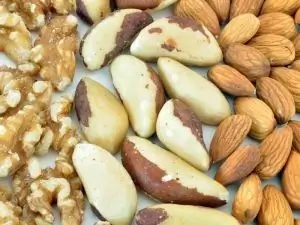
Nutritionists recommend consuming no more than twenty nuts a day, and they should be different in appearance. It is true, not a myth, however, that nuts are difficult for the body to digest.
This is due to the high fat content in them. This can be a problem for people who suffer from chronic colitis, enzyme deficiency, gastritis and other gastrointestinal disorders in which fatty foods are more difficult to digest.
Nuts contain inhibitors that make them harder to digest. These enzyme inhibitors protect the nuts from germination until they are in a humid environment.

In water, the inhibitors are inactivated. So people who have stomach problems should soak the nuts in the evening to consume them in the morning.
It is good to add a little sea salt to the water for soaking the nuts. Many people believe that nuts are a source of protein and are therefore an alternative to meat.
This is true, but only in part. Nuts contain about fifteen percent protein. Attempts to cover the body's need for protein at the expense of nuts would lead to exceeding the norm of calories at least twice.
In addition, nuts lack lysine - an essential acid that is necessary for the functioning of our immune system. Therefore, they cannot be considered as a complete source of protein.
Recommended:
Myths And Truths About Frozen Foods
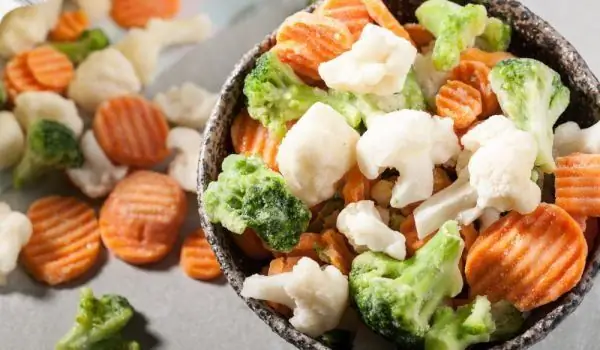
The topic for frozen foods and products is one of the most current in recent years. These products, so convenient for every housewife, cause the emergence of many myths and legends about their use, some of which are complete lies. The freezer is an integral part of a household.
Myths And Truths About Caviar
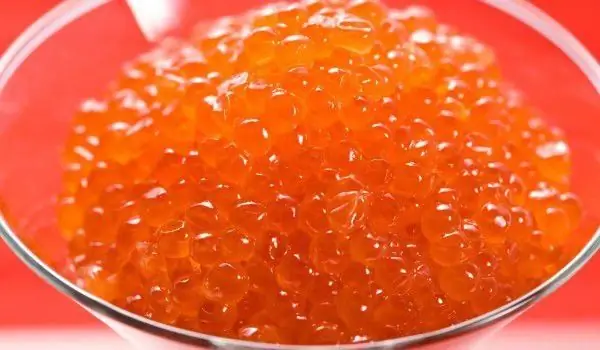
Caviar is not only very tasty, but also a very useful product. It is also quite an expensive pleasure, which leads to a huge amount of dubious caviar on the stands. It is important to know how to make your choice. One of the most common myths about caviar is that black is more useful than red.
Truths And Myths About Water
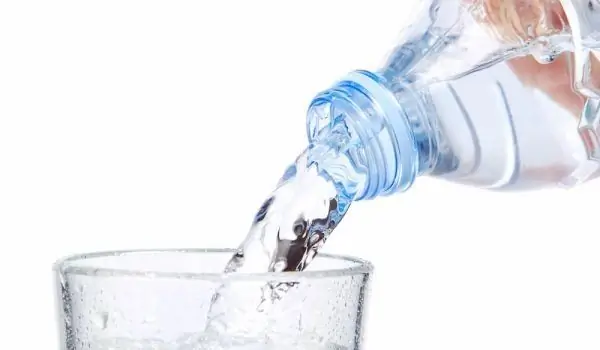
Life on Earth originated from water. The human body itself is ¾ water and it is extremely important to drink water almost constantly in sufficient quantities so that our body can rehydrate again and again. In addition to being vital, water is also able to keep our waist thin.
Pasteurized Milk - Myths And Truths
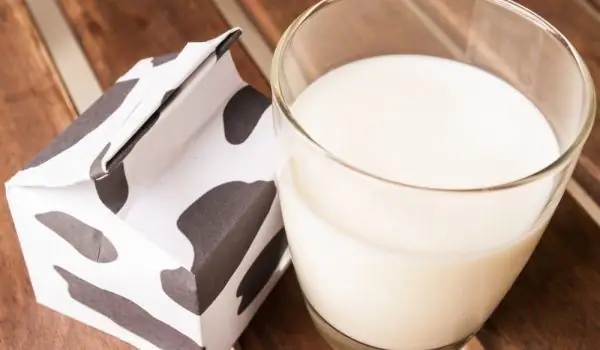
The path from healthy milk to dairy products, a source of allergens and carcinogens, begins with the modern feeding of cows for mass production. The milk obtained from them is subjected to pasteurization - a process in which milk is heated to 71-72 degrees for a short time in order to destroy pathogens in it.
Myths And Truths About Calories

When you want to lose weight or pump up your muscle mass, the first thing you think about is the calories you ingest with your food. Calorie balance determines whether you will gain weight or lose weight. But many people fall victim to the myth of calories, and this can only stop them from fighting excess weight.

